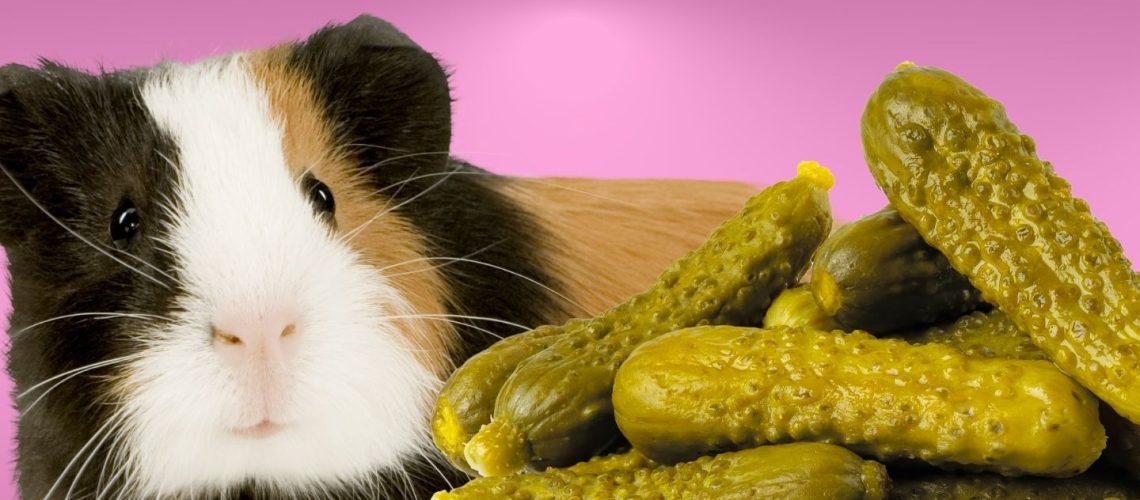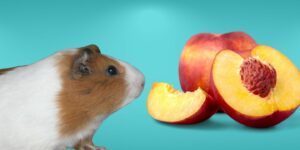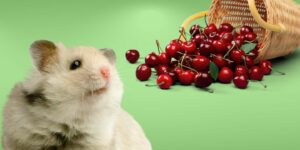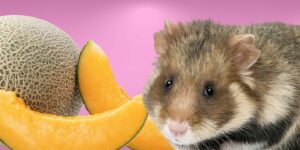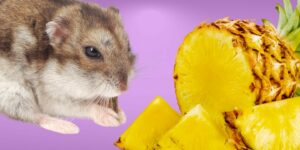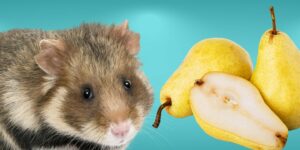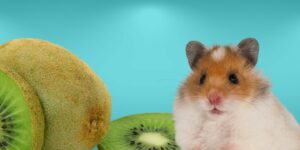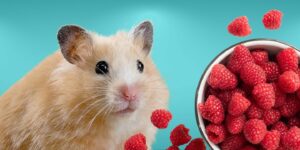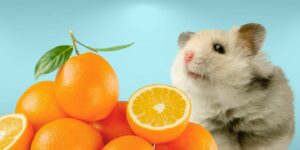The short answer is no; Guinea pigs should not eat pickles. Guinea pigs have sensitive digestive systems and cannot tolerate the high levels of vinegar and salt in pickles. These ingredients can be harmful to their health and could potentially lead to illness or other complications.
Why Are Pickles Bad for Guinea Pigs?
Main Ingredients of Pickles
As mentioned, the high levels of vinegar and salt in pickles can be harmful to Guinea pigs. Guinea pigs have a delicate digestive system and are not able to process these ingredients in the same way that humans can. Additionally, the spices and flavorings commonly found in pickles can be irritating to a Guinea pig's digestive system and can cause stomach upset or other health problems.
Effects of Vinegar on Guinea Pigs
Vinegar is highly acidic and can damage the lining of the Guinea pig's digestive tract. This can lead to gastrointestinal issues and even diarrhea, which can be very dangerous for Guinea pigs as it can lead to dehydration and other complications.
Effects of Salt on Guinea Pigs
Salt is not a necessary part of a Guinea pig's diet and consuming too much salt can lead to health problems, such as kidney or bladder stones. Moreover, the added sodium in pickles can cause an imbalance in their electrolyte levels, potentially leading to further health issues.
Potential Harm from Spices and Flavorings
The spices and flavorings used in pickles, including garlic, dill, and mustard seeds, can be harmful to Guinea pigs. They can irritate their digestive system, causing stomach upset, gas, and bloating.
The Ideal Diet for Guinea Pigs
Importance of Hay in a Guinea Pig's Diet
A crucial component of a Guinea pig's diet is hay. It provides essential fiber necessary for proper digestion and should be available for your Guinea pig at all times.
Recommended Fresh Fruits for Guinea Pigs
Guinea pigs enjoy fruits like apples, pears, and berries in moderation. However, it's important not to overfeed fruit, as the sugar content can lead to obesity and dental issues.
Recommended Fresh Vegetables for Guinea Pigs
Some safe and healthy options for Guinea pigs to eat include leafy greens, such as romaine lettuce and spinach, as well as vegetables like carrots, bell peppers, and peas. These provide essential vitamins and minerals that are necessary for overall health.
Foods to Avoid for Guinea Pigs
In addition to pickles, Guinea pigs should avoid eating chocolate, dairy products, seeds, and nuts. These foods can be harmful to their digestive system and lead to health problems.
Feeding Guidelines for Guinea Pigs
Portion Sizes and Frequency of Meals
Since Guinea pigs have small stomachs, they can only eat a limited amount of food at a time. It's important to provide them with a consistent daily diet and to avoid overfeeding them.
Monitoring Your Guinea Pig's Weight
It's essential to monitor your Guinea pig's weight and adjust its food intake as needed to maintain a healthy weight. Regularly weighing your pet can help detect any weight changes early on.
Signs of Overfeeding and Underfeeding
If your Guinea pig is overfed, it may become overweight, leading to various health issues. Conversely, underfed Guinea pigs may suffer from nutrient deficiencies, making them prone to illness.
Tips for Introducing New Foods to Your Guinea Pig
Gradual Introduction of New Foods
When introducing new foods to your Guinea pig, do so gradually over time. This helps prevent digestive issues that could result from sudden dietary changes.
Observing Your Guinea Pig's Reaction to New Foods
Monitor your Guinea pig's reaction to new foods, watching for any signs of distress, allergic reactions, or digestive issues. If you notice any problems, discontinue feeding the new food and consult your veterinarian.
Consulting a Veterinarian for Dietary Advice
It's crucial to consult with a veterinarian for dietary guidance and to address any concerns about your Guinea pig's health.
Frequently Asked Questions about Guinea Pig Nutrition
Can Guinea Pigs Eat Canned Vegetables?
No, canned vegetables often contain added salt and preservatives that can be harmful to Guinea pigs.
Is it Safe for Guinea Pigs to Eat Seeds and Nuts?
Seeds and nuts can pose a choking hazard and contain high levels of fat that can lead to obesity. Therefore, they should not be included in a Guinea pig's diet.
Can Guinea Pigs Drink Juice or Soda?
No, these drinks have high sugar content and can cause dental and weight issues. Guinea pigs should only have access to fresh water.
Conclusion
In conclusion, Guinea pigs should not eat pickles. The high levels of vinegar and salt in pickles can be harmful to their sensitive digestive systems and could potentially lead to illness or other health problems. Instead, Guinea pigs should be fed a balanced diet that includes a variety of fresh fruits, vegetables, and hay. It's important to provide the right amount of food and to avoid overfeeding your Guinea pig. Remember to consult with a veterinarian for dietary guidance and to address any concerns regarding your pet's health.

